TEHRAN(Bazaar) –Shireen Tahmaasb Hunter, a professor of political science at Georgetown University, tells Washington needs Saudi Arabia to contain Iran and also help advance Arab-Israeli normalization. So, a major break in relations is unlikely.
She says: “I don't think that the importance of the Persian Gulf in the US national security has diminished, it is highly unlikely that Washington would allow China or Russia to dominate the region and its energy resources.”
Following is the text of the interview:
Q: The decision of OPEC+ to reduce the production of two million barrels has caused disputes between America and Saudi Arabia. How serious are these differences?
A: The Saudi decision to reduce oil output has been seen in the US and by the Biden administration as a serious betrayal of a longstanding ally that has supported Saudi Arabia for nearly eight decades. However, Washington's options in responding to Saudi action are not many or good. The US still needs Saudi Arabia to be supportive of its major security goals in the Persian Gulf and the Middle East, such as containing Iran and normalizing Arab-Israeli relations. The only way the US could dispense with Riyadh would be if it had close relations with Tehran. But this option is not available.
Meanwhile, Riyadh does not have any viable alternative to the US security shield. Russia is preoccupied with its own neighborhood and China has its own mounting problems. So, I expect that, after a period of coolness, both sides will try to patch up the differences. But, the days when Riyadh blindly accepted US demands are gone.
Q: How effective is the OPEC+ decision in keeping energy prices high at the global level?
A: Considering the fact that the US and Europe are not willing to lift sanctions on Iran to allow its oil to flow to the global markets, and other OPEC members are unlikely to boost their production, the Saudi decision, most likely, will keep the price of oil at high levels.
Q: It seems that with this decision, Saudi Arabia has this assessment that the Biden government is a one-term administration, and with this action, it also provides the ground for the presence of Republicans in the White House. Do you agree with this assessment?
A: Certainly MbS, who was snubbed by Biden, is hoping that he would be a one term president and that the Republican candidate, who could be Donald Trump, would win the Presidency. The Saudi decision to cut oil output will keep prices of gasoline high in the US, especially on the West coast, which could seriously harm Democrats' chances of winning in the November midterm elections.
Q: Some American officials talk about revising relations with Saudi Arabia. Are these threats serious or are they basically caused by the diminishing importance of the Persian Gulf in America's national security strategy?
A: As I mentioned before, Washington needs Saudi Arabia to contain Iran and also help advance Arab-Israeli normalization. So, a major break in relations is unlikely. Those who argue for revising relations with Riyadh belong to the left-wing of the Democratic party. But the mainstream Democrats do not favor a major rupture. Also, I don't think that the importance of the Persian Gulf in the US national security has diminished, it is highly unlikely that Washington would allow China or Russia to dominate the region and its energy resources. Also, Persian Gulf is linked to the broader Middle East where the Israel factor plays the determining role. As long as the US supports Israel, it will be interested in the Persian Gulf.
Q: According to some reports, the new decision made by OPEC+ to reduce oil production can cause differences in relations between Riyadh and Abu Dhabi. Can these differences become serious?
A: Saudi Arabia and the UAE have always had differences on many issues. But I doubt that any difference between the two would cause a major rupture. The UAE, despite its oil wealth, is too small in size and population to compute seriously with Riyadh. Moreover, they both dislike Iran and are united against Tehran.

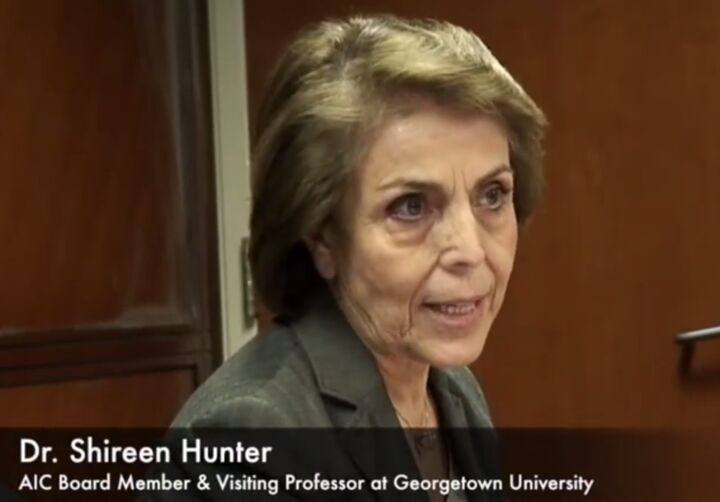




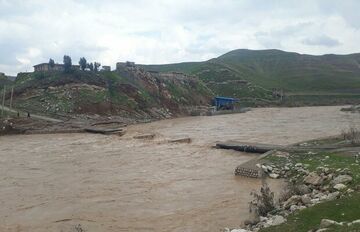
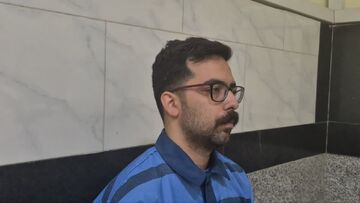





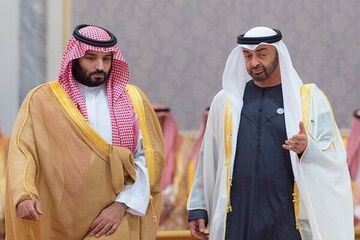
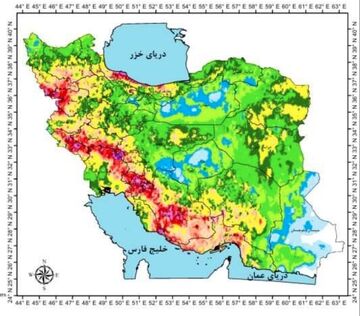
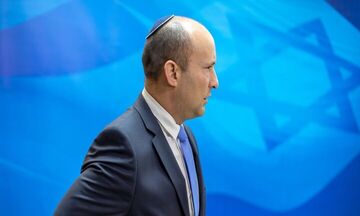
نظر شما